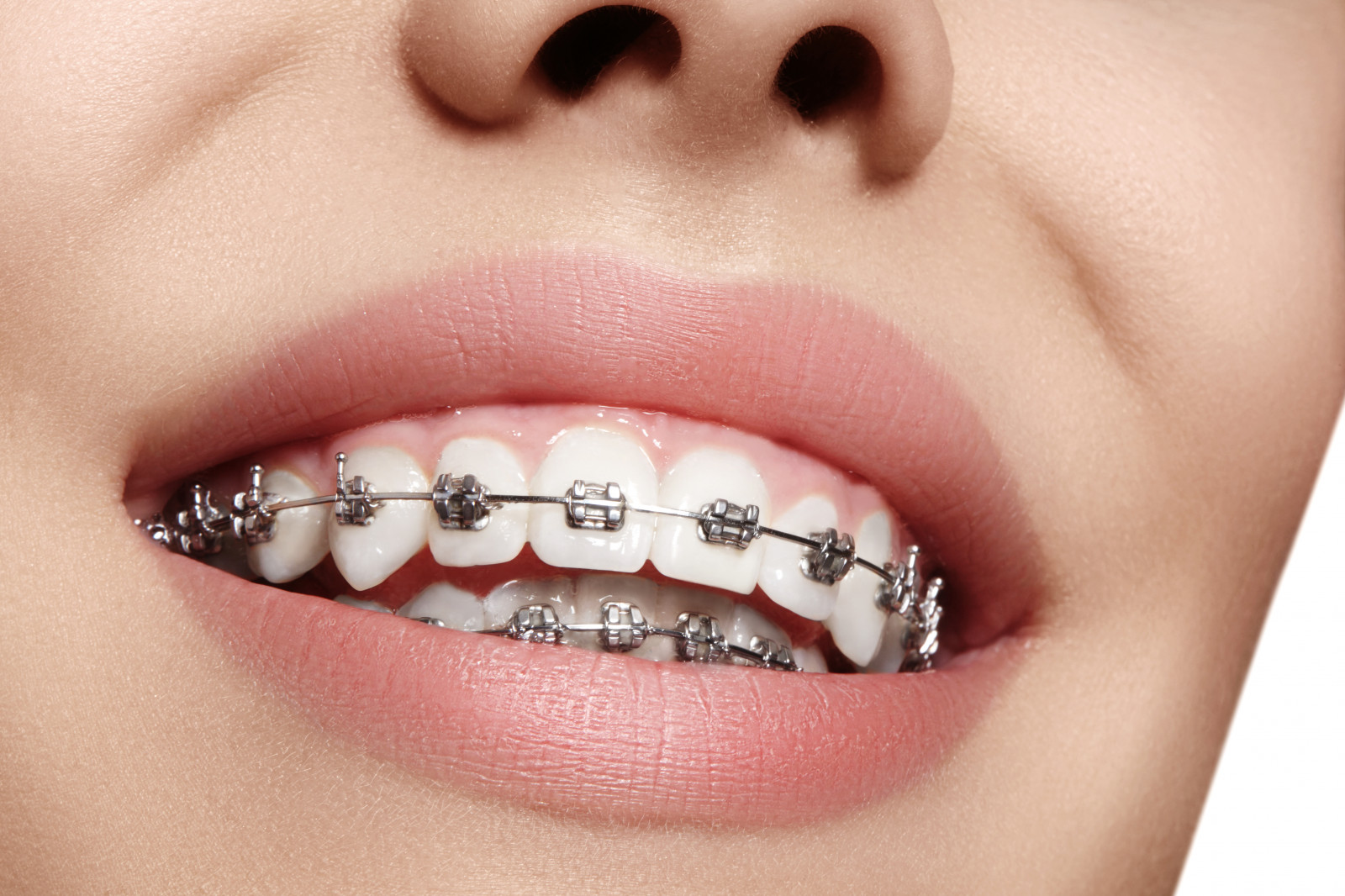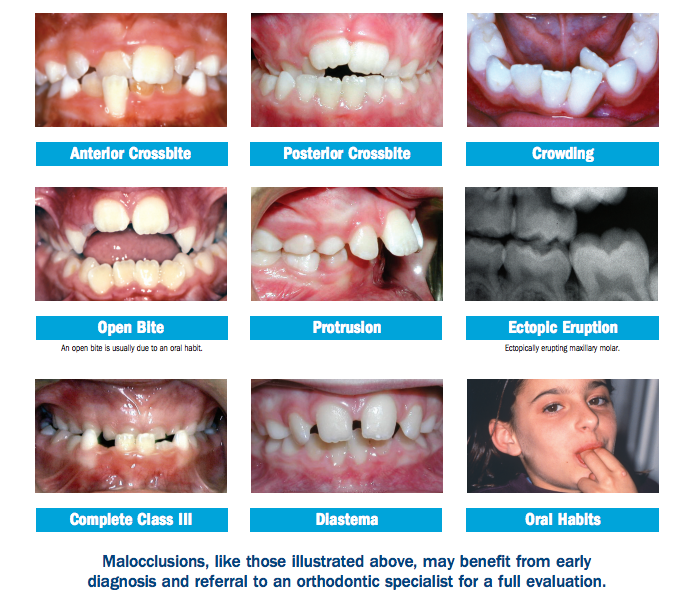A Biased View of Causey Orthodontics
A Biased View of Causey Orthodontics
Blog Article
The Definitive Guide for Causey Orthodontics
Table of ContentsThe Best Strategy To Use For Causey OrthodonticsThe Single Strategy To Use For Causey OrthodonticsWhat Does Causey Orthodontics Do?The smart Trick of Causey Orthodontics That Nobody is Talking AboutThe Ultimate Guide To Causey OrthodonticsMore About Causey OrthodonticsThe 2-Minute Rule for Causey Orthodontics
What is the distinction between a dental professional and an orthodontist? All dental professionals, consisting of orthodontists, deal with the teeth, gums, jaw and nerves.
You can assume of both medical professionals who treat gum tissue and teeth issues. The primary distinction is that coming to be an orthodontist needs a certain specialized in dealing with the misalignment of the teeth and jaw.
Causey Orthodontics Things To Know Before You Get This
An orthodontist is a dentist that has actually gone through training to specialize in the medical diagnosis, avoidance and treatment of irregularities in the jaw and teeth. Their training includes correcting these existing problems. They can also identify potential troubles in teeth positioning that might develop when conditions are left neglected. Orthodontists can help individuals of any ages.
This consists of all the required education and learning to come to be a basic dental expert. According to the American Pupil Dental Association (ASDA), it indicates you will require to have either a Physician of Medicine in Dental Care (DMD) or a Doctor of Dental Surgical Procedure (DDS). In various other words, orthodontists require to complete oral college and afterwards acquire an orthodontics specialized education and learning.
Some orthodontists additionally obtain their masters in craniofacial biology. family orthodontics (https://www.provenexpert.com/causey-orthodontics3/?mode=preview). Several oral colleges give minimal orthopedic training and instruction, which is why general dentists need to head to orthodontic college after college graduation. Orthodontic residency programs use extensive training for this type of dental specialization. These programs concentrate on 2 certain areas or disciplines: Dentofacial Orthopedics: This research study concentrates on directing teeth and jaw development.
The 9-Minute Rule for Causey Orthodontics

 The total objective of an orthodontist is to improve an individual's bite. Not everyone is born with straight teeth, and an orthodontist will make certain that people obtain uniformly spaced straight teeth.
The total objective of an orthodontist is to improve an individual's bite. Not everyone is born with straight teeth, and an orthodontist will make certain that people obtain uniformly spaced straight teeth.
The Of Causey Orthodontics
The American Association of Orthodontists advises your first check up by age 7. You'll need to see your orthodontist if you have an imbalance in your teeth, additionally recognized as malocclusion. Additionally, if you observe irregular bite patterns, a slightly twisted jaw, or when your teeth are chock-full, you will likely need orthodontic treatment.
In enhancement, we offer adjustable treatment schedules, versatile settlement alternatives and a fun, delightful experience.
An orthodontist is a dental professional trained to identify, avoid, and deal with teeth and jaw irregularities. Orthodontists work with individuals of all ages, from youngsters to grownups (https://causeyortho7.bandcamp.com/album/causey-orthodontics).
The Buzz on Causey Orthodontics
Malocclusion, or misaligned teeth, can bring about oral concerns, consisting of tooth decay, gum condition, and challenging or excruciating chewing. Not everyone is born with straight teeth. If you have a negative bite or big spaces in between your teeth, you may wish to speak with a dental practitioner focusing on orthodontic care.
(Picture Debt: DigitalVision/Getty Images) Orthodontists utilize taken care of and detachable oral gadgets, like dental braces, retainers, and bands, to alter the placement of teeth in your mouth. Orthodontic therapy is for oral abnormalities, including: Jagged teethBite issues, like an overbite or an underbiteCrowded teeth or teeth that are also much apartJaw misalignmentThe goal of orthodontic treatment is to boost your bite.
About Causey Orthodontics

, however not all dental experts are orthodontists. They focus on 2 locations: How to appropriately and safely move teeth How to correctly assist advancement in the teeth, jaw, and faceOnce an orthodontist has actually completed training, they have the alternative to come to be board accredited.
Misalignment, or malocclusion, is the most common reason individuals see an orthodontist. It is hereditary and is the result of size differences in between the top and lower jaw or between the jaw and teeth. orthodontist expert. Malocclusion brings about tooth overcrowding, a twisted jaw, or uneven bite patterns. Malocclusion is generally treated with: Your orthodontist connects metal, ceramic, or plastic square bonds to your teeth.
The smart Trick of Causey Orthodontics That Nobody is Discussing
If you have only minor malocclusion, you might have the ability to use clear dental braces, called aligners, rather than standard dental braces. Some individuals need a headwear to assist move teeth right into line with pressure from outside the mouth. After dental braces or aligners, you'll require to use a retainer. A retainer is a customized tool that maintains your teeth in place.
Report this page